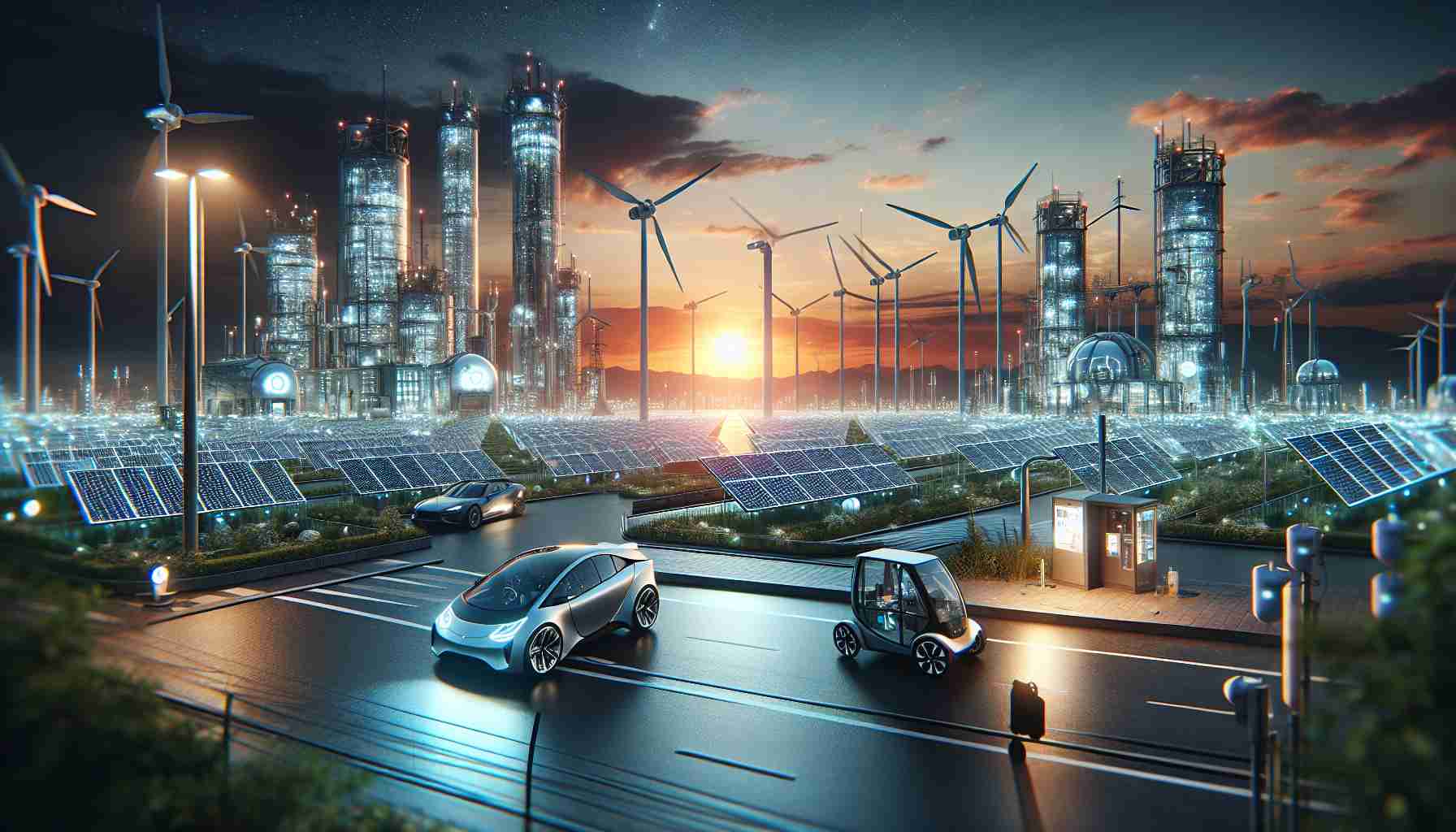Market Insights on Green Technology and Sustainability Through 2032
The latest research from Exactitude Consultancy reveals significant growth in the Green Technology and Sustainability market, expected to reach USD 99.60 billion by 2032. This report spans over 110 pages, featuring clear visual aids that aid understanding and facilitate informed decision-making for investors eyeing this booming sector.
Across the globe, companies are prioritizing sustainability, channeling funds into eco-friendly innovations and energy-efficient technologies. These investments encompass everything from renewable energy solutions to sustainable supply chains aimed at reducing carbon footprints.
A variety of organizations, including giants like GE, Microsoft, and IBM, are forming strategic alliances to share expertise and resources for better environmental outcomes. The emergence of robust Environmental, Social, and Governance (ESG) criteria is drawing interest from socially-conscious investors, enhancing the market’s appeal.
With a notable growth rate of 28.2% CAGR, this dynamic sector not only highlights emerging trends but also pinpoints challenges and opportunities for stakeholders. The comprehensive report categorizes the market by technology, application, and components, allowing companies to gain a competitive edge.
The burgeoning green technology sector promises advancements in areas such as IoT applications, carbon management, and more. As businesses gear up to meet sustainability demands, this market is poised for transformation.
For further details and insights, visit [Exactitude Consultancy](https://exactitudeconsultancy.com).
The Future of Green Technology: Innovations and Implications for Humanity
The emergence and rapid expansion of the Green Technology and Sustainability market resonates deeply with humanity’s quest for a sustainable future. As businesses pivot towards eco-friendly practices, the effects of this shift will influence every facet of our lives, from economic structures to everyday conveniences. Here, we explore some lesser-known aspects and controversies surrounding this burgeoning sector, alongside their implications for technological advancement.
Technological Innovations Driving Change
While the transition to greener technology is often dominated by discussions on renewable energy and electric vehicles, innovations in other areas are equally significant. For instance, biodegradable materials are seeing advancements, challenging the plastic industry’s stronghold. Researchers are developing plant-based plastics capable of breaking down in natural environments, presenting a dual-solution approach to pollution and resource dependency.
Moreover, smart recycling technologies are emerging, utilizing AI and machine learning to improve recycling processes. These tools can enhance the efficiency of sorting materials, decreasing contamination rates and increasing recycle yield. This not only benefits the environment but also has economic implications by creating jobs within the tech and recycling sectors.
Controversies in Green Technology
However, the rise of green technologies is not without its controversies. For example, the production of renewable energy technologies like solar panels and wind turbines can be resource-intensive, leading to environmental concerns related to mining for materials such as lithium and cobalt. Critics argue that the transition to green tech might shift the burden rather than alleviate it.
Another point of contention involves carbon offsetting practices. While designed to mitigate emissions, some argue that these schemes permit companies to continue polluting without significant accountability, potentially delaying genuine progress toward sustainability.
Advantages and Disadvantages
The advantages of investing in green technology are manifold. For instance, businesses adopting sustainable practices can enhance their reputations, attract environmentally-conscious consumers, and take advantage of government incentives. Additionally, the shift can stimulate job creation in burgeoning industries, from sustainable agriculture to clean energy.
Conversely, the disadvantages include the potential economic disruption faced by traditional industries that must adapt or face obsolescence. There is also the risk that the cost of implementing advanced green technologies may outweigh immediate benefits for some companies, particularly smaller enterprises with limited resources.
Questions and Answers
What can individuals do to support the green technology movement?
Individuals can support this movement by adopting sustainable practices in their daily lives—choosing energy-efficient appliances, reducing waste, and supporting businesses that prioritize sustainability.
Will green technology replace traditional technologies entirely?
While some sectors may see a complete transition to green technologies, it’s more likely that a hybrid approach will emerge, blending traditional methods with innovative eco-friendly practices for optimal efficiency.
Conclusion
The Green Technology and Sustainability market is not just a fleeting trend but a seismic shift towards a responsible future. As humanity races against the clock to address climate change, the innovations and controversies that accompany this transformation will shape the technological landscape for generations to come. For more information on this topic, visit [Exactitude Consultancy](https://exactitudeconsultancy.com).
